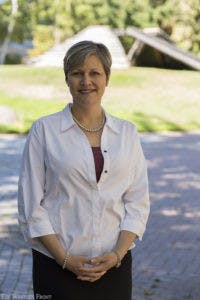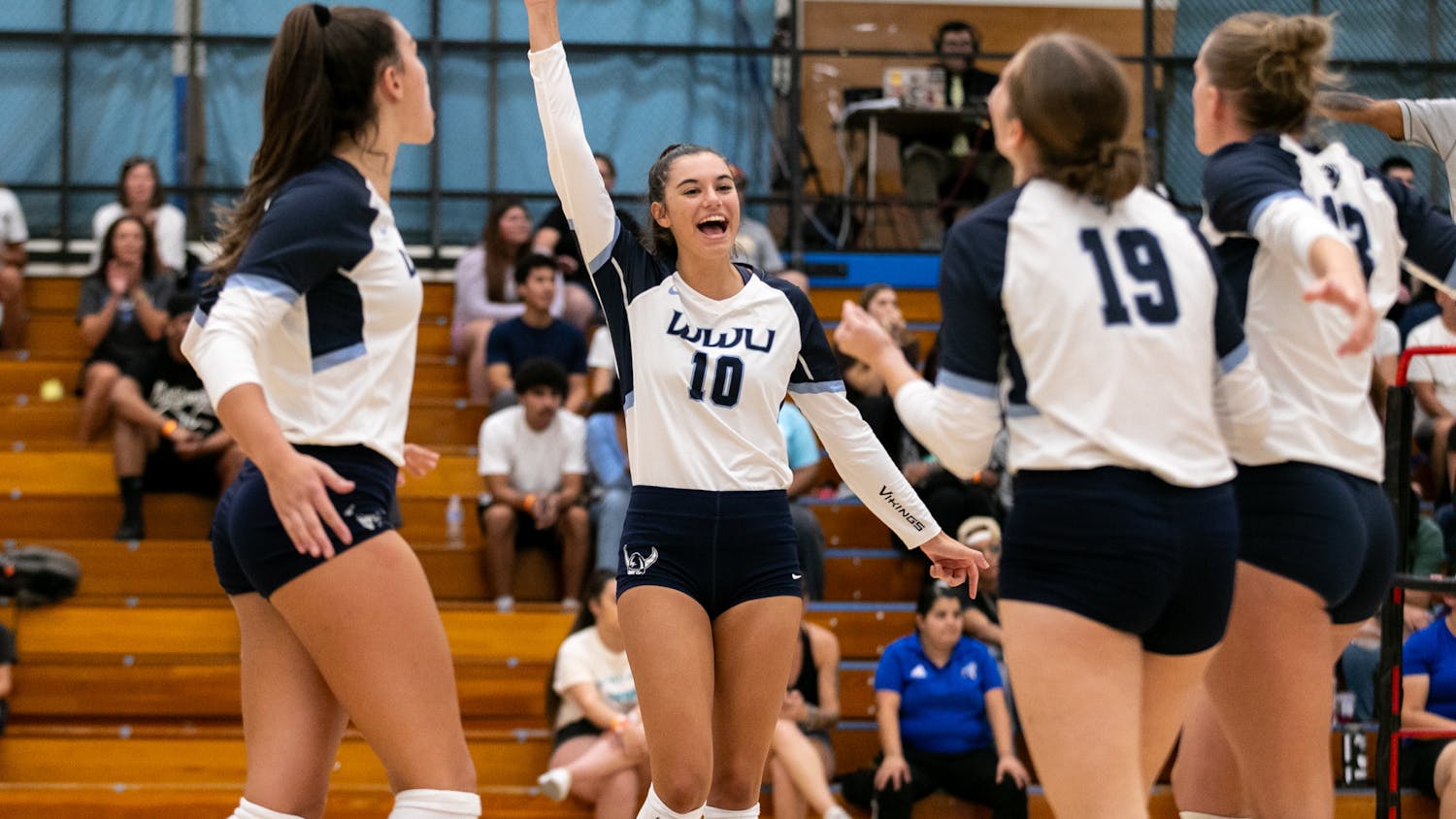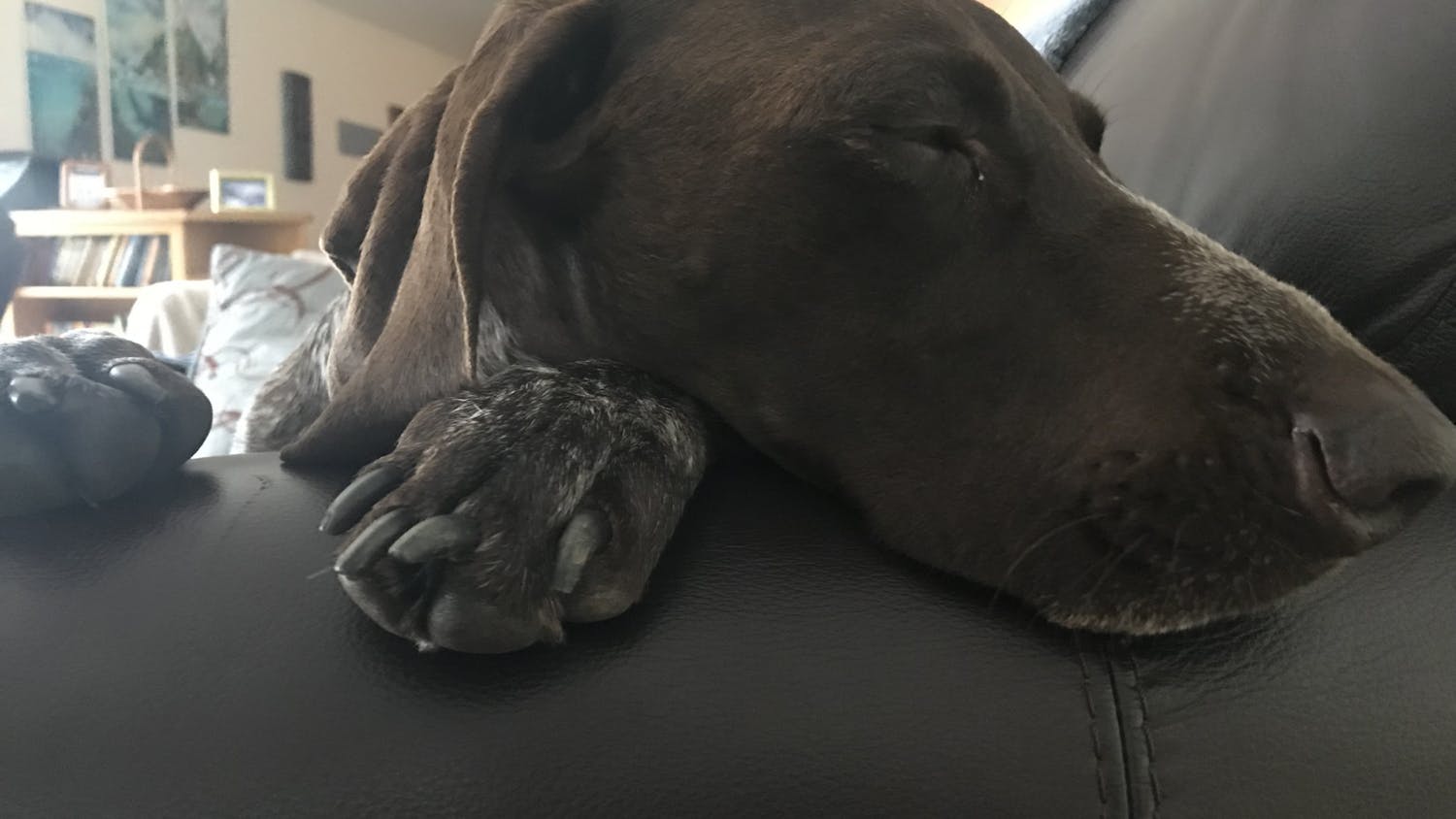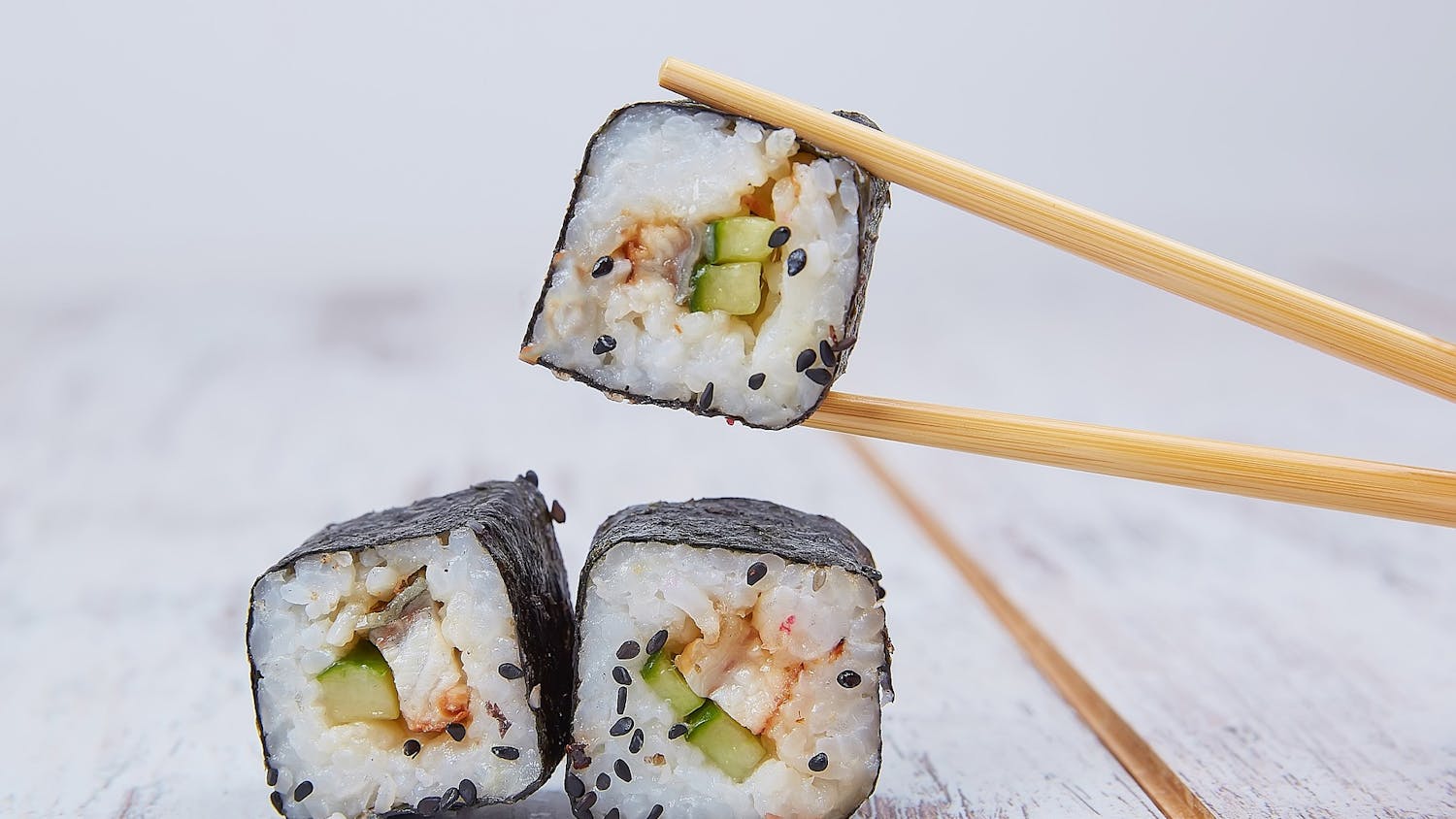
Director of W. Morse Institute for Leadership Karen Stout has been a communication studies professor at Western for 15 years.
Wanting to strengthen ties between Western and Mongolian Universities, Stout, two faculty and three students went on an ambassadorial mission to Mongolia in the summer of 2015.
While on the Mongolian ambassadorial mission, Stout learned that Mongolia is the only country where women on average earn more than men. Mongolia has a majority of college students who are women and 80 percent of women are in white-collar jobs. Unfortunately, there are few laws in Mongolia to protect women in the workplace.
After doing some research, Stout not only realized that something important was happening in Mongolia, but also felt inspired to return back to Mongolia to teach Western students.
Stout created the faculty led study abroad program "Global Leadership: Mongolian Women and Social Change." 2016 is the first year the study abroad program has been available for students. Currently, Stout and Residence Life Administrator Holly Diaz lead the study abroad trip.
Q: What is the main goal of this study abroad for students?
A: We’re sticking to “women” as related to biological sex right now because of Mongolia’s traditional/conservative culture. As I learned last year when I was here, issues related to LGBTQI are complicated and we didn’t want to delve into interviewing people without a better understanding of the context (or else put folks in very real danger). We’ve been collecting information/learning about these issues on this trip, however, so we can move beyond gender binaries next year when we come back to Mongolia.
Q: What part of Mongolia do you go to? Do you travel to many destinations in Mongolia?
A: We’ve spent the most of our time in UlaanBaatar, which is the capital city. Nearly 50 percent of the country’s entire population (three million) live in UlaanBaatar. As I write this, we’re in Hustai National Park. This is a national park operated through a trust (receiving no funding from the federal government). It also contains the Ungut Stone Monuments, which are 1,300-year-old stone monuments that are thought by archaeologists to have been monument to a fallen military officer. Tomorrow [Friday, July 16], we go to Hogno Han Mountains where three ecosystems meet at one place: forest, desert and grassland. There we will visit the ruins of an 18th century Buddhist temple and continue onto Karakorum. We will visit Erdene Zuu, built in 1586 by Abtai Khan, the most influential prince of Mongolia at the time, and visit the monastery there. We will continue onto Olgii lake and visit the Kultegin monuments there.
We can’t imagine what these other sites will be like and are excited to learn and explore them.
Q: What type of events/activities do students experience while in the program?
A: We are interviewing female leaders in all sorts of fields (government, business, entrepreneurship, politics, arts, education, non-governmental organizations), and asking about their leadership styles, values, skills, as well as challenges, bias and stereotypes they face. We’ve also visited a variety of cultural sites, such as Buddhist temples and museums.
We also got to watch the first ever virtual reality movie that has been made! While there have been virtual reality experiences before, this is the first virtual reality movie to have a narrative story line. It was part of the IMF event going on here in UlaanBaatar. A person we met on the trip knew the curator of the museum hosting the movie and helped us arrange a private showing of the movie.
We visited the Ger Mapping Center and took a tour of three of the ger communities in UlaanBaatar. (“Ger” is the Mongolian name for yurt, and is the traditional style of home for Mongolians. 60 percent of UlaanBaatar residents live in gers, which have no running water, only a few have access to electricity, and there is no state operated sanitation. Only a few have septic). There are extreme challenges to living in these communities, including access to education, potable water, sanitation and safety. In the winter where temperatures can reach to minus 50, heating is crucial and a difficult challenge.
Q: What is one of your favorite stories from Mongolia/this program?
A: I don’t know if I can think of one. I think if I had to list one thing is how inspiring the women leaders are in Mongolia! We’ve wanted to applaud the women after our interviews!
Q: Why is the study abroad program only offered in Mongolia? Will this program be available ever year for students?
A: This is our first time. I hope to have this course/program offered in Rwanda, Greece and British Columbia. I am also hoping to develop the program to learn from leaders in tribal nations in the Pacific Northwest.
Q: What got you into leading the study abroad?
A: I think study abroad teaches many important lessons beyond just the readings/content of the course. It broadens our worldview and helps deepen our appreciation for cultures other than our own. As an undergraduate, I could never afford such a trip, and know it’s a financial struggle for many of our students. But in order to develop leaders prepared to work, lead, and live in a global society, we need to develop leaders with a global mindset. Thus, my goal has been to expose our students to global leadership lessons while also making it affordable for students.





